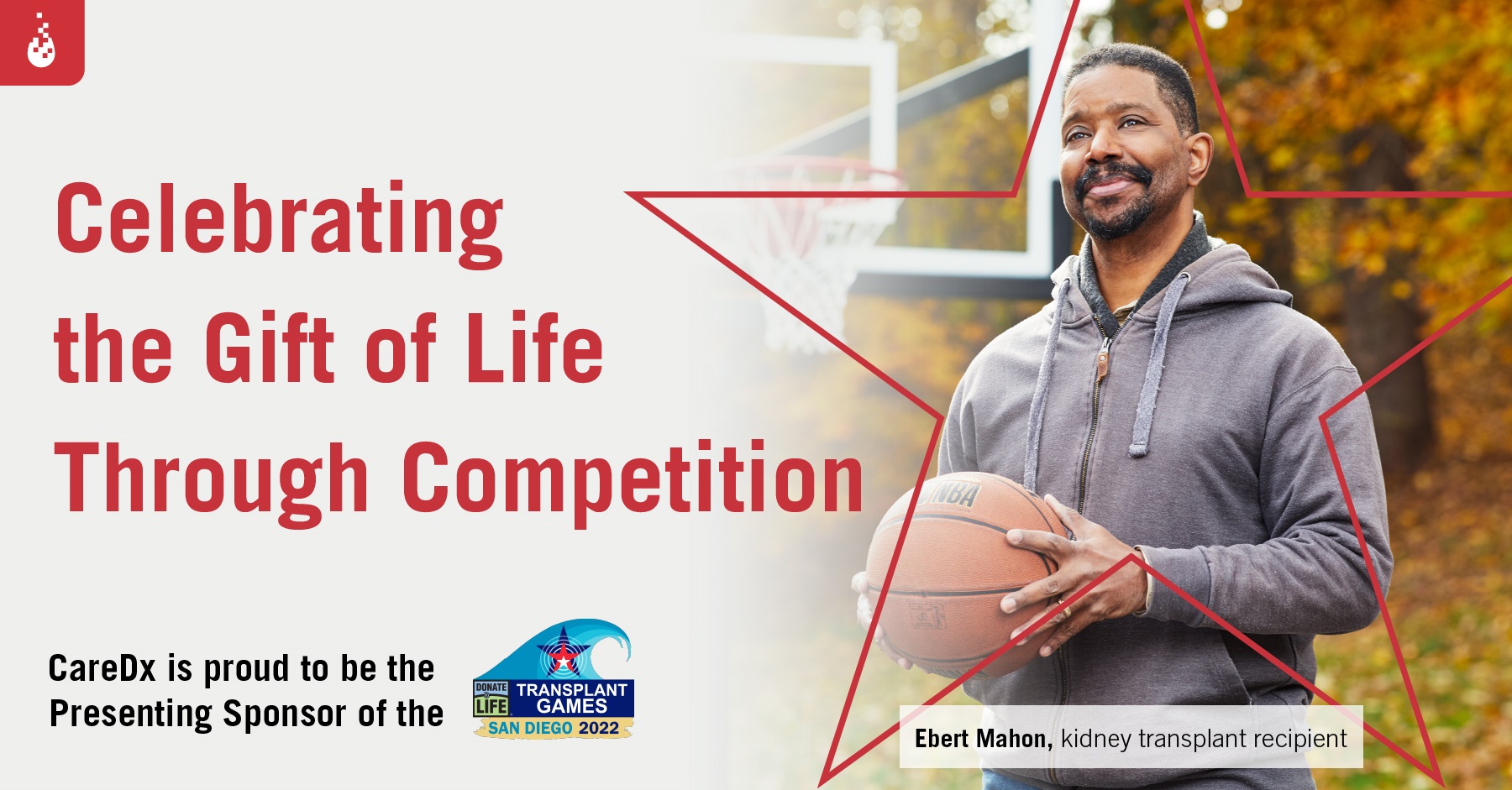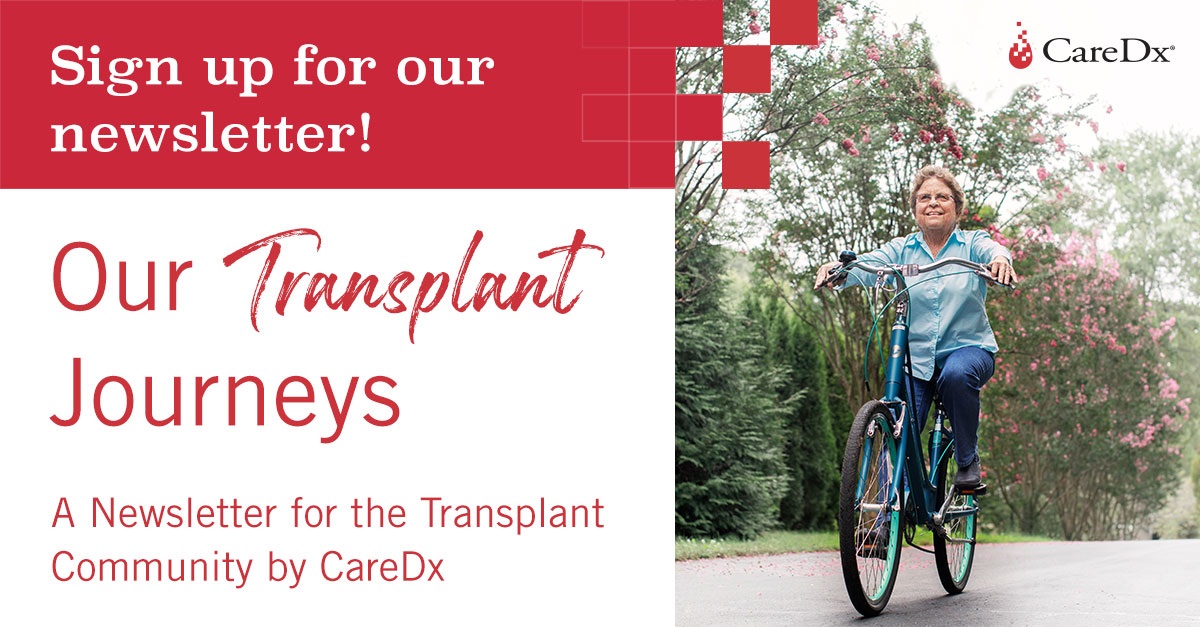Loading
On April 13, CareDx hosted a webinar to explore the future of xenotransplantation. Panelists included Dr. Robert Montgomery, director of NYU Langone Transplant Institute, and chair of the hospital’s Department of Surgery. Dr. Montgomery led the team that did the first human xenotransplant using a pig kidney. He spent 30 years at Johns Hopkins and moved to NYU Langone in 2016. Two years later, he was the recipient of a heart transplant, which gave him a fresh and unique perspective on the transplant journey.
Dr. Montgomery was joined by Michael Curtis, president and head of Research and Development at eGenesis Inc., which is working to scale xenotransplantation to help more patients, and Jim Gleason, National President of Transplant Recipients International Organization (TRIO), which serves as the voice of the transplant patient. Gleason is also a heart transplant recipient who is particularly excited about xenotransplantation because he believes it addresses what he called “the #1 unmet need in transplantation: the organ supply.”
This article is adapted from our webinar conversation, edited only for clarity and length. Read the full story on CareDx.com.
Loading






